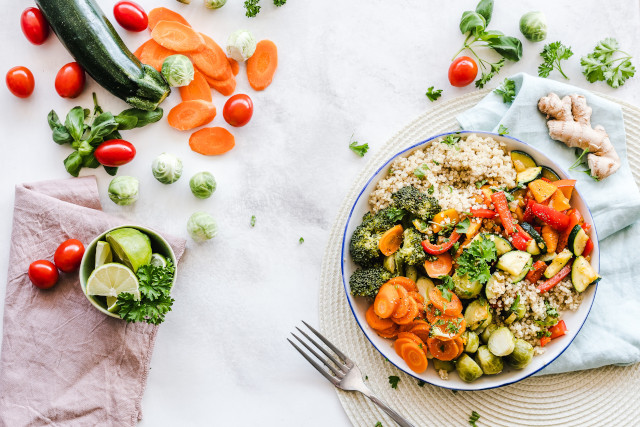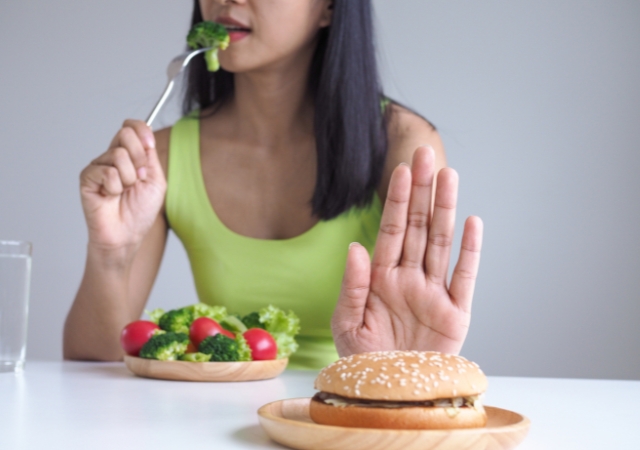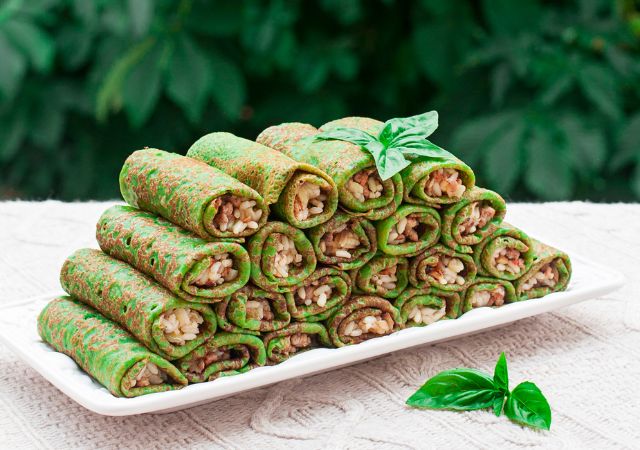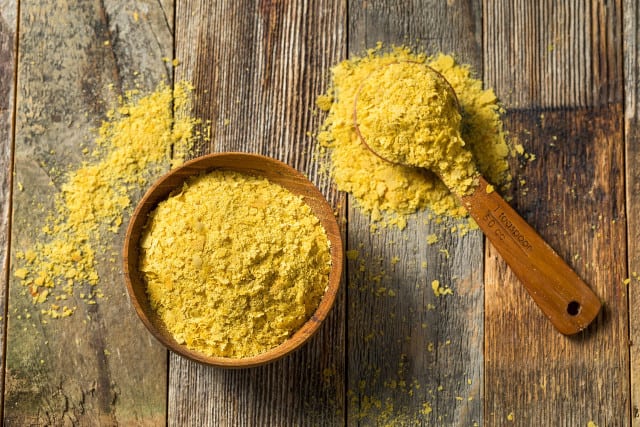
Living a healthy and balanced life where your lifestyle is supported by things you eat and the choices you make within your diet should be everyone’s concern. If you are an individual who takes responsibility for their well-being and is looking for more ways to be healthier, then nutritional yeast should be on your radar. Nutritional yeast not only offers a great taste and essential vitamins but also a surprising benefit to your immune system.
Contents
Nutritional Yeast, also colloquially called Nooch, has a slightly cheesy umami flavour. It is a staple in vegetarian and vegan kitchens because it has an impressive nutrient profile.
The scientific name for yeast is Saccharomyces Cerevisiae or sugar-eating fungus. Yeast cells use sugar for energy just like other living creatures. Nutritional yeast, unlike yeast used in baking or making beer, is deactivated yeast. It is made by growing yeast in a medium of sugarcane and beet molasses, then harvesting, washing, drying and packaging the yeast.
Dried nutritional yeast flakes are heat-treated to deactivate; therefore, they do not ferment. The resulting product is a flaky yellow substance that, some claim, looks like fish food. It is sold in the form of yellow flakes, granules, or powder and can be found in most food stores.
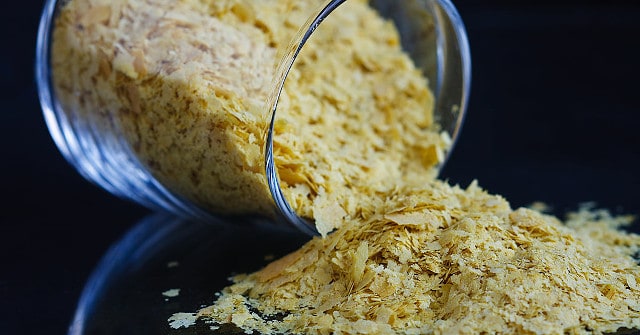
Nutritional Yeast: A tasty plant-based alternative
Nutritional yeast is gaining popularity as a plant-based alternative to the cheesy taste that we all love. While baker’s yeast and brewer's yeast taste bitter, nutritional yeast has a cheese-like flavour. It is a very popular popcorn seasoning. It might even be your choice of food product to go vegan with popcorns and remove cheese altogether. If you have vegetarian friends, you might have already had it without even realising. Lots of dairy-free recipes use nutritional yeast to concoct cheese-like sauces.
It is also used to get a nutty or cheesy flavour in mashed and fried potatoes and scrambled tofu. In most recipes, nutritional yeast is also called Nooch, as mentioned earlier, and sometimes only called ‘savoury yeast flakes’. It is a non-dairy alternative because it dissolves easily in liquid and looks vaguely like cheddar.
The actual reason Nooch is compared to cheese is that it contains glutamate which is found in aged cheese such as parmesan. The umami taste in cheese is supported by cheese fat, which is absent in nutritional yeast.
Nutritional yeast can be added to just about all your meals and snacks. You can get started by sprinkling it over soups, roasted vegetables, salads or pasta, as you would sprinkle other condiments. It can also be added as an ingredient during cooking. Most health food shops and online retailers sell nutritional yeast.
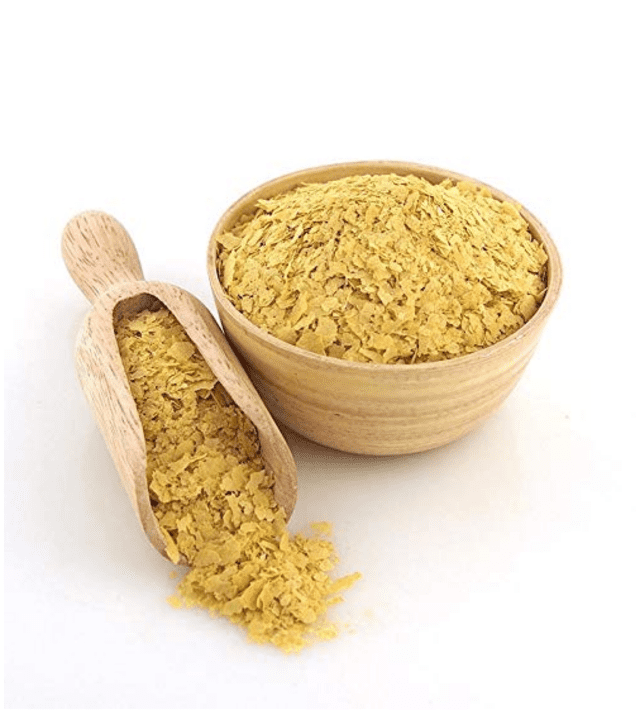
B-vitamins in Nutritional Yeast and more
Another reason nutritional yeast is so popular with vegans is that it is also a good source of B vitamins, it can be an option to combat deficiency typical in vegetarian and vegan diets. B group vitamins help us absorb and process energy, protein, and fats from food.
They are essential to cell growth, healthy skin, nerve function, and red blood cell production. Many benefits come with adding nutritional yeast to your diet, it has also been linked with an overall feeling of wellness. B vitamins that come with nutritional yeasts can help you fight fatigue by helping you convert food to energy.
Most B vitamins are found in nutritional yeast, except B12. However, you could choose a brand that is fortified with vitamin B12 as this is not found naturally in nutritional yeast. Nutritional yeast that is fortified with B12 vitamin will help you feel energized. Nutritional yeast is also gluten-free soy-free and sugar-free, making it a great dietary addition if you have any food sensitivities.
Two tablespoons of nutritional yeast can have around 50 calories, 8 grams of protein, 5 grams of carbohydrates and 4 grams of fibre. Apart from vitamins, it is also a source of Potassium and Zinc. Nutritional yeast also contains high amounts of antioxidants, which may have anticancer properties and improve certain immune responses.
Beta Glucan in Nutritional Yeast: The immunity booster
Charles Janeway, former professor of immunobiology at Yale University School of Medicine, has made significant contributions to human knowledge in terms of understanding immunity. He argues that our body has an ancient mechanism to recognise foreign elements, such as microbes. Yeasts are one such microbe that is being studied for the benefits they provide to our immune system.
Non-disease-causing nutritional yeasts, and those used in baking and brewing, contains Saccharomyces Cerevisiae. This yeast has the same molecular signature as that of Candida, which is an infectious type of yeast that can cause serious blood infections. A fungal cell wall called beta-glucan (β-glucan) in the good yeast can serve the function of stimulating our immune system so that it can fight off serious threats from other yeasts who share the same signature. The real idea here is: can ingesting nutritional yeast help us build our immunity against other pathogens?
While there have been studies trying to establish this relationship, the data hasn't been as clear as we would want it to be, until 2016. A study evaluated the ability of Baker's Yeast beta-glucan acts to reduce the number of episodes of common childhood illness in 174 children with 1 to 4 years in a 12-week randomised, double-blinded, placebo-controlled study.
During the 12-week course of the study, the group of children that when given dusting of nutritional yeast had almost half the instances of infections and even those that did have an episode of infection got better in 3 days, while those who did not receive the yeast treatment took 9 days.
The researchers concluded that baker’s yeast beta-glucan supplement in children can reduce the incidence and severity of infectious illness such as those that you may see during the cold/flu season. Such observations have been documented in adults as well. A study that focused on runners, found that those that consumed a daily spoonful of nutritional yeast suffered from lower respiratory illnesses than those that did not.
The benefits of consuming nutritional yeast have also been linked to some cases of tumour and even cancer. Scientists observed that spontaneous regression of tumour followed bacterial fungal viral infections. So, the early stages of cancer immunotherapy considered that recent infection in such patients played a positive role in the reduction of tumours. The understanding behind this kind of observation is that perhaps in the process of defeating said infection the body's immune system gets so activated that even tumours get treated.
Scientist, William Coley, also known as the father of immunotherapy, has reported that he believed that having a severe infection could cause cancer to regress. He noticed that injecting cancer patients with infection-causing organisms would shrinkage of a malignant tumour. However, his methods were not always safe. Scientists continue to use immunotherapy, with caution, of course, to treat some forms of cancer.
Yeast-derived beta-glucans have been considered immuno-modulatory, which means they enhance the defence against infections and can exert anti-carcinogenic effects. Beta-glucans act indirectly by activating our immune system and thereby boost anti-tumour immunity.
Nutritional Yeast: Myths and Caution
By now, you understand that nutritional yeast has a lot of benefits to offer. But, with all this popularity there comes some bad press as well. There are some myths surrounding nutritional yeasts, and one of them is that it contains MSG. MSG is monosodium glutamate, which is a food additive, it is not present in nutritional yeast.
The glutamate found in nutritional yeast is not sodium based. It is in a bound form, which is naturally broken down into its free form so that it can enter the bloodstream and be released. Our bodies are meant to be able to handle the kind of glutamate found in nutritional yeast.
Another myth surrounding yeasts, in general, is that they contain too much macro-mineral, phosphorus. This concern around phosphorus comes from sodas. Sodas have a lot of phosphorus in them, and when we consume a lot of soda, we end up consuming a lot of phosphorus. This phosphorus would leech on the calcium in our bodies. The same concern with nutritional yeast is not valid, as the amount we would consume, compared to soda, is far too little. Plus, if you’re vegan and regularly eat calcium-rich food like Kale salad, the phosphorus is balanced out.
But is this super-food we call nutritional yeast really ‘all good and no harm’ then? Myths aside, there are some valid concerns when it comes to eating nutritional yeast.
If you are getting started with nutritional yeast, make sure you start with small portions. As nutritional yeast is high in fibre, adding too much to a diet too quickly can cause issues with your digestion. As it is advised with most foods, do not over consume it. Consuming too much nutritional yeast could disturb the balance of your gut biome, the good bacteria living in your gut, so you must not overuse it. Also, if you are more sensitive to yeast products, then it is probably not for you.
If you are on medication, it is advised that you consult your doctor before adding nutritional yeast to your diet. Yeast products contain amino acids that help you regulate your blood pressure, so nutritional yeast may trigger headaches in people who experience migraines. If you are being treated with narcotics for pain relief, antidepressants, or any antifungal drugs do not consume nutritional yeast without consulting your doctor first.
Conclusion
With all this information about taste, vitamins and the latest research on immunity related to nutritional yeast, it is time you give it a try. The internet is littered with pages after pages of vegan recipes that use creative ways to introduce nutritional yeast into your diet. Make sure you start with the right proportion and enjoy all the added benefit to your health and lifestyle with just a spoonful of this amazing substance they also call Nooch.
Source 1: https://www.nytimes.com/2020/05/08/dining/nutritional-yeast-nooch.html
Source 2: https://www.ncbi.nlm.nih.gov/pmc/articles/PMC3257658/


